Choosing the Right Ammunition for Self-Defense
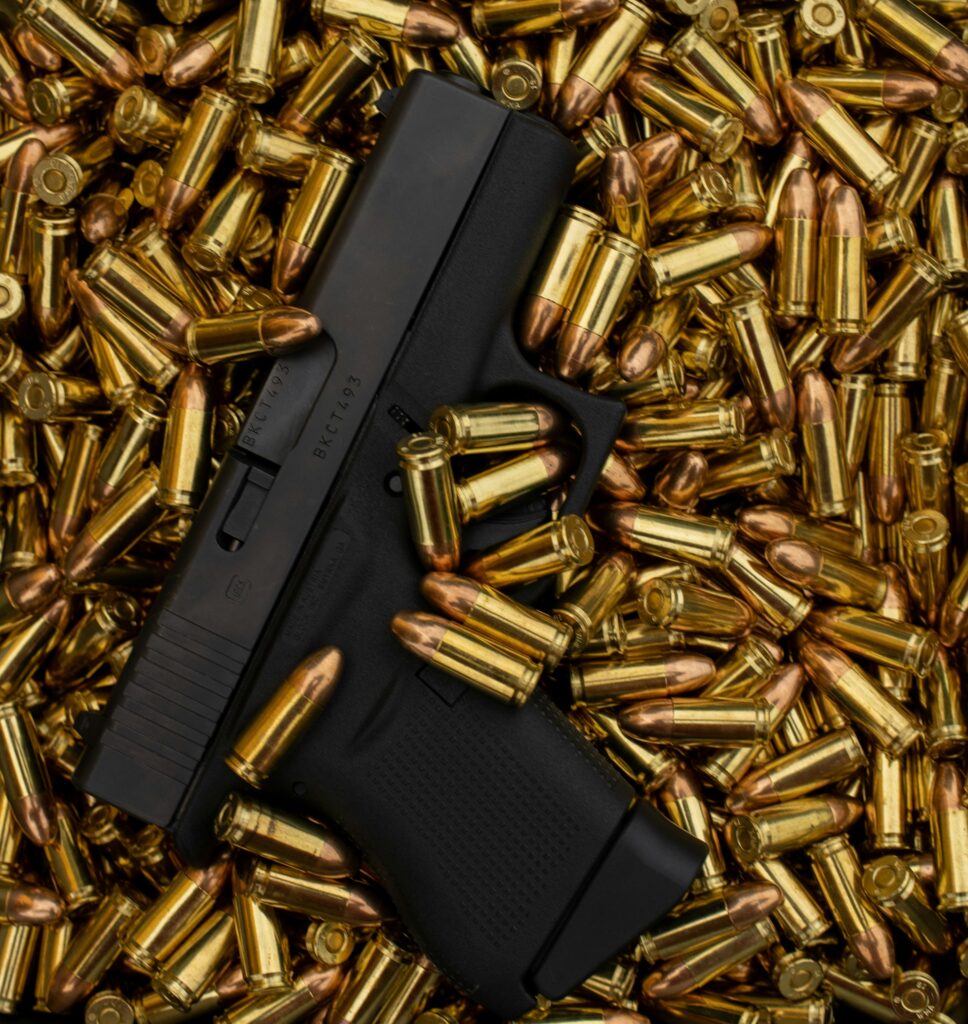
Choosing ammunition for self-defense is a critical aspect of personal safety. The right ammunition not only enhances your protection but also ensures you are well-prepared to handle potential threats effectively. For women who are empowered and committed to their personal safety, understanding ammunition choices is a key aspect of responsible gun ownership. This guide will help you navigate the complexities of ammunition selection for self-defense, focusing on factors such as caliber, bullet type, and performance characteristics.
Understanding Ammunition Basics
Before diving into specific ammunition types, it’s essential to grasp some fundamental concepts about ammunition:
- Caliber
- Definition: Caliber refers to the diameter of the bullet or the internal diameter of the firearm’s barrel. It is usually measured in inches or millimeters.
- Common Calibers: Popular calibers for self-defense include 9mm, .380 ACP, and .45 ACP. Each caliber has its own advantages and disadvantages, influencing factors such as recoil, stopping power, and magazine capacity.
- Bullet Types
- Full Metal Jacket (FMJ): FMJ bullets have a lead core encased in a harder metal jacket. They are designed for practice rather than self-defense due to their tendency to penetrate through targets without expanding.
- Hollow Point (HP): Hollow point bullets have a cavity at the tip that causes them to expand upon impact. This expansion increases the bullet’s stopping power and reduces the risk of over-penetration.
- Ballistics
- External Ballistics: This refers to the bullet’s trajectory and behavior as it travels through the air. Factors such as velocity and bullet design affect external ballistics.
- Terminal Ballistics: Terminal ballistics focuses on how the bullet performs upon impact with a target. Key factors include penetration depth and expansion.
Selecting the Right Caliber
Choosing the right caliber is a balance between stopping power, recoil management, and firearm capacity. Here’s a breakdown of popular calibers for self-defense:
- 9mm Luger (9x19mm)
- Advantages: The 9mm is widely regarded for its balance of stopping power and manageable recoil. It is also popular due to its availability and affordability.
- Performance: Modern 9mm self-defense ammunition is designed to expand effectively and provide sufficient stopping power. It typically offers a good combination of velocity, accuracy, and control.
- Considerations: While the 9mm is effective for most self-defense situations, some users might prefer a larger caliber for increased stopping power.
- .380 ACP (Automatic Colt Pistol)
- Advantages: The .380 ACP is known for its manageable recoil and compact size, making it a popular choice for concealed carry and self-defense. It is easier to handle for those who prefer less recoil.
- Performance: Although the .380 ACP has less stopping power compared to larger calibers, modern self-defense ammunition is designed to offer effective expansion and penetration.
- Considerations: The .380 ACP is suitable for self-defense but may not provide the same level of stopping power as larger calibers like the 9mm or .45 ACP. It is important to select high-quality ammunition to maximize its effectiveness.
- .45 ACP (Automatic Colt Pistol)
- Advantages: The .45 ACP is known for its significant stopping power due to its larger bullet diameter and slower velocity. It is often favored for its effectiveness in neutralizing threats.
- Performance: The .45 ACP’s larger bullet creates larger wound channels and can be highly effective in self-defense. However, it also produces more recoil compared to smaller calibers.
- Considerations: The increased recoil and lower magazine capacity of the .45 ACP might be a disadvantage for some shooters. Training and practice are essential to manage this caliber effectively.
Bullet Types for Self-Defense
Choosing the right bullet type is crucial for maximizing effectiveness and minimizing risks. Here’s a closer look at bullet types commonly used for self-defense:
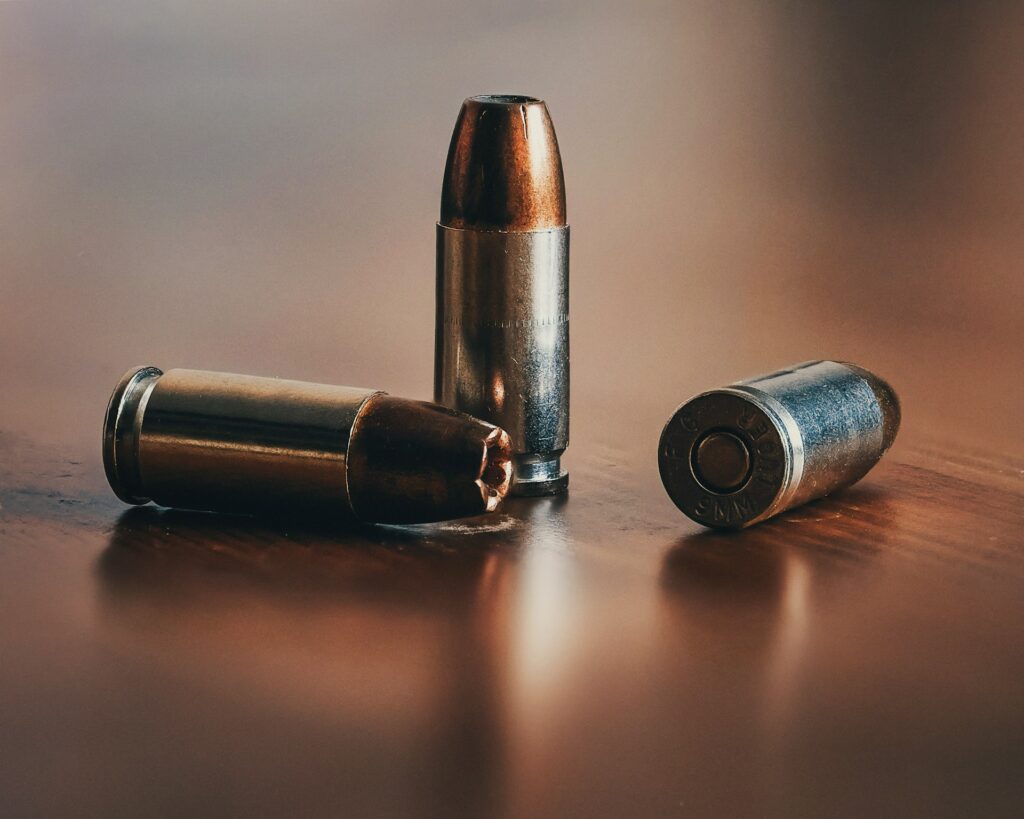
- Hollow Point (HP)
- Expansion: Hollow point bullets are designed to expand upon impact, creating a larger wound channel and transferring more energy to the target. This helps incapacitate the threat more effectively.
- Reduced Over-Penetration: The expansion of hollow point bullets reduces the risk of over-penetration, which is the potential for the bullet to pass through the target and harm unintended individuals or objects.
- Popular Choices: Some highly recommended hollow point ammunition brands include Federal HST, Speer Gold Dot, and Hornady Critical Defense.
Ballistic Performance
Understanding ballistic performance helps you select ammunition that performs well under various conditions. Key performance metrics include:
- Penetration Depth
- Importance: Adequate penetration depth ensures that the bullet reaches vital organs and neutralizes the threat effectively. However, excessive penetration can pose risks to bystanders and property.
- Testing: Look for ammunition that has been tested to achieve optimal penetration depth while avoiding over-penetration. Many manufacturers provide ballistic gel tests to demonstrate their ammunition’s performance.
- Expansion
- Effectiveness: Effective expansion increases the bullet’s diameter upon impact, creating a larger wound channel and improving stopping power. This helps ensure the bullet has the desired impact on the target.
- Testing: Choose ammunition that has been tested for reliable expansion and consistent performance. Look for products that offer a balance between expansion and penetration.
Practical Considerations
When selecting ammunition, practical considerations include:
- Training and Familiarity
- Practice: It is essential to practice with the ammunition you choose for self-defense. Regular practice helps you become familiar with the recoil, accuracy, and performance of the ammunition.
- Consistency: Using the same ammunition for practice and self-defense ensures consistency in performance and helps you build confidence in your shooting abilities.
- Legal Considerations
- Local Laws: Check local and state laws regarding ammunition for self-defense. Some jurisdictions have specific regulations or restrictions on certain types of ammunition.
- Compliance: Ensure that the ammunition you choose complies with legal requirements and is permissible for use in your area.
- Storage and Handling
- Proper Storage: Store ammunition in a cool, dry place to prevent deterioration. Use a secure storage solution to keep ammunition out of reach of unauthorized individuals.
- Handling: Handle ammunition with care and follow safety protocols to avoid accidents and ensure the ammunition remains in good condition.
Choosing the right ammunition for self-defense is a critical decision that impacts your overall safety and effectiveness. By understanding the basics of ammunition, selecting the appropriate caliber, and considering factors such as bullet type and ballistic performance, you can make informed choices that enhance your self-defense capabilities. Regular practice, legal compliance, and proper handling further contribute to your preparedness. Remember, the goal is to select ammunition for self-defense that offers reliable performance, effective stopping power, and alignment with your personal preferences and needs. Stay informed, stay prepared, and prioritize your safety in every aspect of self-defense.
Stay connected with us on Facebook and Instagram for more self-defense tips, safety insights, and empowering content tailored to help women walk their path with confidence. Let’s keep the conversation going. Join us today!


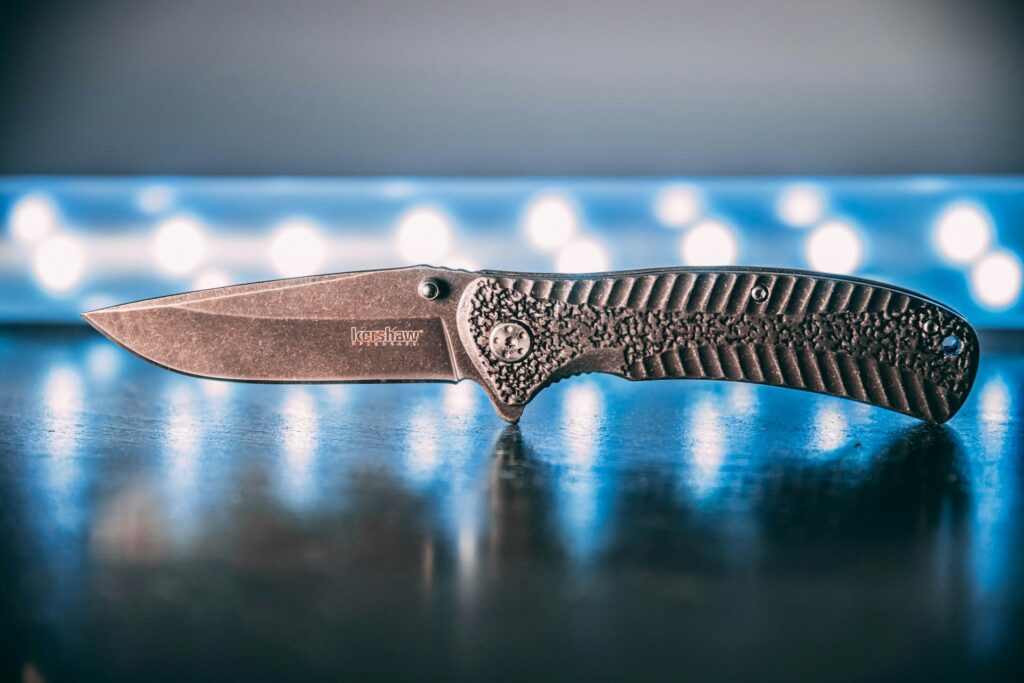
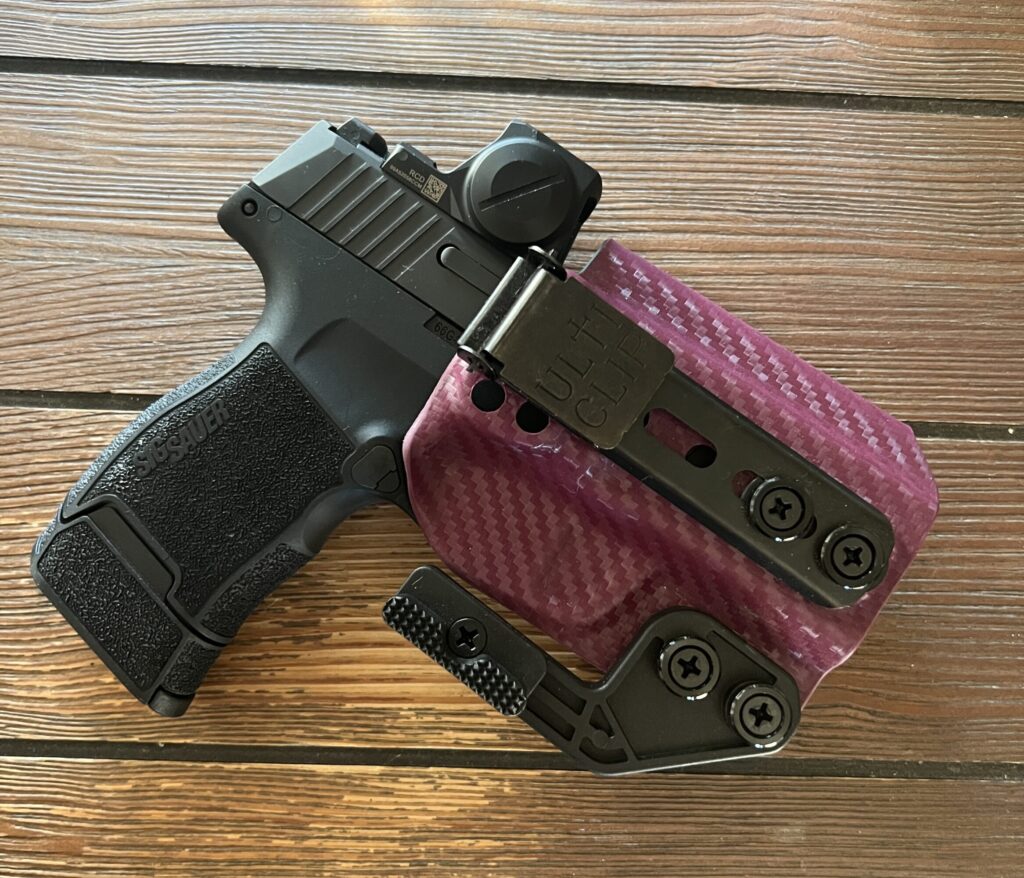
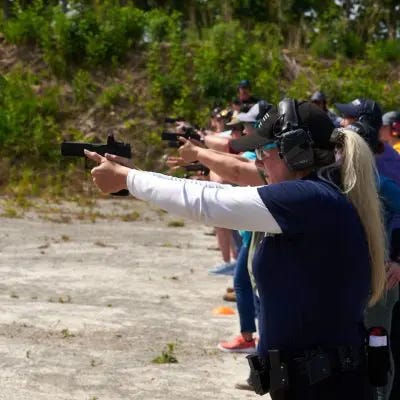

Responses